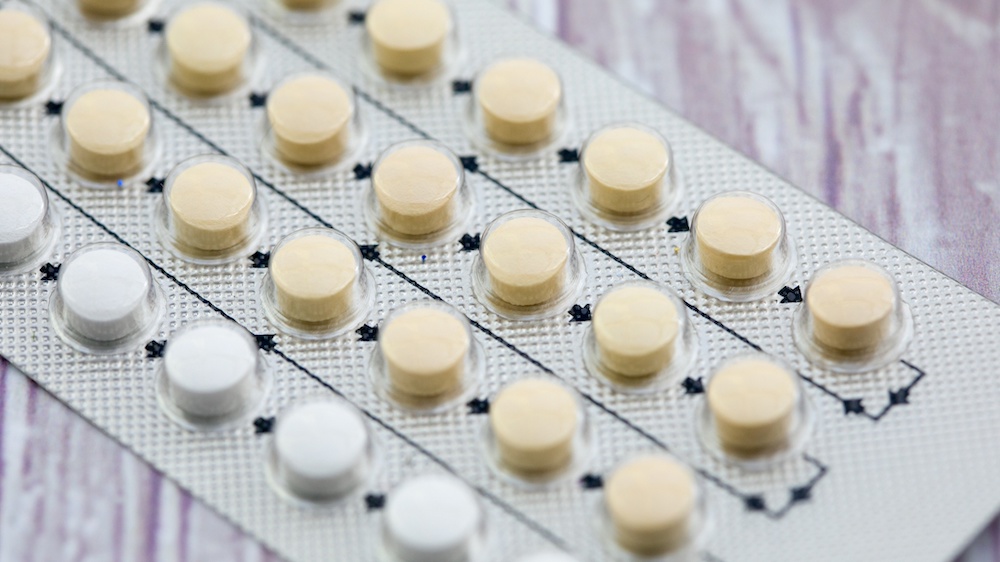If you’re interested in sharing your opinion on any cultural, political or personal topic, create an account here and check out our how-to post to learn more.
____
In the South and across the country, we face a public health and economic crisis of epic proportions — all of this, a deafening and constant hum under the ongoing crisis of white supremacy and anti-Black, anti-people of color, state-sanctioned violence that has left BIPOC at a deficit for generations.
Last month, we learned of Dawn Wooten, a Black nurse working at the Irwin Detention Center in Georgia, who courageously blew the whistle on a gynecologist for unnecessarily and unethically sterilizing migrant women under his care. In 2020, Black and brown women’s bodies and motherhood are under siege. We still are not trusted to learn about our bodies, how to have and enjoy sex, carry our babies, terminate our pregnancies, control our fertility, parent our children, bury them if we have to or mourn them after they are no longer in this earthly realm.
Nevertheless, our bodies are the object of constant unapologetic and intentional violence and there seems to be no justice in sight for us to be protected by the systems that also expect us to pay taxes, pay high premiums, vote, and not be caged and killed, even in our sleep. For generations, Black and brown people have been robbed of the opportunity to be self-determining — our sacred and human right. Controlling our fertility has historically been at the benefit of others, to make America great, our humanity and dignity be damned.
Especially now, controlling if and when we have children and not having the security of knowing that we can birth and raise our children free from violence from individuals, or the government; women and people of color must have access to contraception when we want it, in the environments we deem conducive and without hassle or hurdle.
One way to control our sexual and reproductive health safely and effectively is through the birth control pill. In this current climate of federal and state sanctioned violence on our bodies, exercising self-determination is an imperative. The communities most affected by COVID-19 in the United States also face the greatest barriers to obtaining the birth control pill. These barriers can include the prescription requirement, the cost of a clinic visit, taking time off work or school, securing childcare and transportation to a health care provider and the pharmacy, and lack of insurance coverage. All barriers that exist due to inequities stemming from centuries of white supremacy.
The pandemic and economic recession have worsened these barriers due to stay-at-home recommendations and loss of employment and insurance coverage that has disproportionately impacted people of color. An over-the-counter birth control pill that’s affordable, covered by insurance and available to people of all ages is essential to bridging these drastically widened gaps — especially for people struggling financially, people of color, young people, immigrants and LGBTQ folx.
SisterReach, the Tennessee-based organization I founded to center people most impacted by reproductive and sexual health injustice at the intersection of their human and sacred rights, meets people where they are. That includes filling a crucial need for resources for safer sex to prevent unwanted pregnancy and spread of STIs in our communities. So, throughout the pandemic, we have been distributing safe sex kits thorough the mail.
Our safe sex kits include male and female condoms, emergency contraception, dental dams, lube, masks and hand sanitizer. We distribute them at no cost. Ensuring these resources are accessible for all is crucial to advancing reproductive justice — and in these perilous times, racial justice — because even without a pandemic and sanctioned violence against our bodies and communities, Black communities and communities of color face the greatest barriers to caring for our sexual and reproductive health. Our kit distribution is one phenomenal way to bring power to people.
As we expand our reproductive and sexual health access support, it is my hope to expand our resources by offering birth control pills at no cost. However, SisterReach cannot put birth control pills in our kits because they still require a prescription. The time has come to change that. At this uncertain time, we are calling for approval of an over-the-counter birth control pill not only for safe sex, but ultimately, for racial justice.
At SisterReach, we envision and strive toward a future where every person has the freedom and resources they need to make decisions about their own bodies and lives with dignity and respect. Our safe sex kits are an essential piece of our agenda for racial and reproductive justice, as they protect and empower folks who are systematically targeted and denied bodily autonomy. These kits are about ensuring everyone has the ability to thrive, and safely experience pleasure on their own terms at a time when most of us, including young people, are spending more time at home.
Racism lies at the heart of every barrier and disparity in our country, and addressing it requires us to improve health policies and expand access to health care. We can’t have reproductive justice until each of us has the resources we need to have full autonomy over our bodies. This includes the ability to live and thrive without fear of arrest, murder or transmission of pandemic proportion-based viruses. Our people deserve abundance in communities that are free from state violence, oppression and coercion. As the pandemic places unprecedented strain on the health care system and serves to expand existing racial inequities, we must strive toward new solutions that leave none of us behind — and an over-the-counter birth control must be one of those solutions.
____
Cherisse Scott is the founder and CEO of SisterReach.
